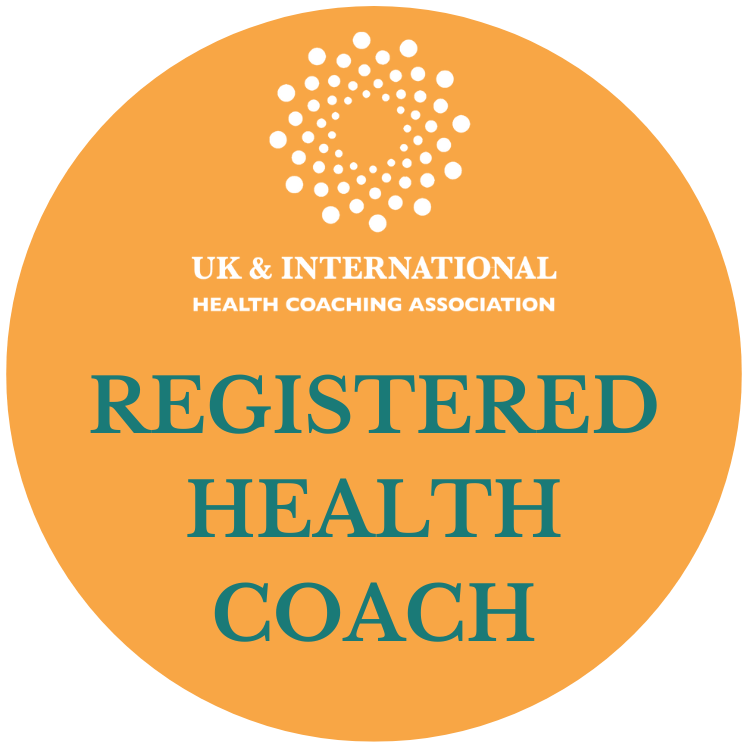A study by the UK government in 2023 showed that the mortality rate for men with cardiovascular disease was 60% higher in men than in women. It also found that the rate for cancer was 41% higher in men as compared to women.
The saddest part of all this is that chronic disease is mostly avoidable.
Many people put their chances of getting chronic disease later in life down to genetics, especially us men. However, it is worth remembering that while our genes ‘load the gun’, the environment in which we bathe our genes is what ‘fires the gun’. Food for thought when we want to understand how to take the inevitability out of developing chronic disease.
When we consider the ‘environment’ in which we are bathing our genes, we are of course talking about the health and wellbeing of the complex biological machine that is our body, and there are three key dimensions involved.
Let’s take a look at each of them.
- You are what you eat
We’ve all heard the phrase, but it wasn’t until my own health journey uncovered the science of it all that I realised how incredibly important it is to consider what we are consuming if we are to avoid chronic illnesses down the line. In fact, the full truth of it is that we are what we eat, absorb and don’t excrete.
I found that there’s something about understanding what is actually going on in our bodies that focuses the mind on paying a little more attention to what we are eating. Taking some relatively simple steps in the right direction can have a surprising effect on our bodies and go a long way to protecting us from the horrible diseases which seem to have become so ‘inevitable’ in western culture.
“Let food be thy medicine and medicine be thy food” – Hippocrates.
Understanding food a little more and sensibly balancing the nutrients (or lack thereof) that we are consuming on a daily basis will ensure that our body will run like a well-tuned biological machine, which is designed by nature to keep us fit and healthy, not to mention balancing our immune system (70% of which is in our guts, by the way).
This forms part of a natural, preventative approach to health which will also avoid us needing the drugs and medicines often prescribed for fixing those ‘inevitable’ symptomatic diseases. Drugs which so often come with their own risks of side effects and other chronic disease. This is why people who are taking medications, often take many medications because they need drugs to tackle the side-effects and risks associated with the other drugs being taken.
I’ve seen this slippery slope in too many of my own loved ones, and I mention it because it was a big motivator for me in taking a more preventative approach to my own health.
I found that a sensible approach to eating in a way that gets the body back into balance and ‘firing on all cylinders’ is so much more successful that one of the countless ‘killer diets’ that inevitably have you miserable about mealtimes after a week, and then finally suffering the mental torture of having failed at another diet attempt.
Our approach to food must be sustainable so that we are able to keep the enjoyment of mealtimes, without the guilt of eating junk, and without the misery of the latest diet fad.
Understanding how our digestive system works (not to mention how key it is to our immune system which staves off chronic disease every day) and how our own body type responds is well worth some investment so that we get back to a healthy and enjoyable relationship with our food.
- Moving your body
The second dimension of avoiding the ‘slippery slope’ to chronic disease is to move our bodies more. It almost doesn’t matter how you move your body as-long-as you are!
In some ways I feel that I cheated a little on my own journey when it comes to this particular dimension of staying healthy. The fact is depression had taken so much of a hold on me that exercise – in my case running – was the only thing I could do during my waking hours to get relief from it. Quite the motivator!
Of course, not everyone will have such a motivator (and I wouldn’t wish it on anyone). However, most of us enjoy some form of moving the body, and it is important to focus on something that you enjoy. Some level of enjoyment will give you the motivation to do it on those challenging occasions where you want to turn over for another half hour in bed or veg in front of the TV after a long day at work.
The other motivator is to exercise with a friend, relative or colleague who shares a desire to refocus on their health. Sharing the journey with someone else is often the best motivator so that you can keep each other going on those ‘off-days’.
There is an exercise programme for everybody, no matter what your current health status is, and with a little help, choosing and sticking to a tailor-made programme that is based upon your needs and what you can enjoy will become a significant way in which you can take charge of your health.
Once you get off the mark with moving your body, you will be surprised how quickly you get on that positive upward spiral where you become addicted, and hence motivated by the successes and improvements that you are seeing – and other people are seeing in you too! This often quickly becomes the primary motivator and keeps you at it.
It’s also important to realise that you don’t have to have the goal of becoming a marathon runner to get the right amount of movement in your life. Everyone’s goals and needs are different! In fact, you will be surprised at what types of movement will contribute significantly to your quest of moving our body more.
- Looking after your mental health
For too many of us of a certain age group, “looking after your mental health” conjures images of spiritual gurus sitting in the lotus position preaching techniques of meditation and chanting on a journey to awakened bliss. Furthermore, it kind of flies in the face of the tough guy approach to dealing with life that many of us have been brought up to believe in.
The truth is, we need to change our mindset and embrace the science!
Understanding the mind and what we might call the ‘human condition’ taught me that looking after mental health was an equally important third dimension of staying healthy.
Learning a little about the practicalities of why simple breathing techniques and meditation can actually transform our minds was so transformational for me that I believe they should be teaching it in schools to equip the next generation to deal with every-day life.
As 40+ chaps it’s not too late for us to learn, especially as you may find, like me, that it’s an absolute game changer for mental health. Especially if you’ve suffered with your mental health in some way shape or form, as I have.
For me, anxiety and depression were allowed to build unresolved until I nearly came off the rails completely. A focus on mental health techniques like meditation made a big difference to my situation, especially combined with the other two dimensions discussed.
It showed me that a holistic approach to health and wellbeing that considers all three dimensions is crucial for success. This is the type of holistic approach that 10 minutes with your GP discussing the ONE health condition at a time that you’re allowed simply doesn’t cut it in this day-and-age. For time-poor GPs there is an overriding temptation to send you away with pills and to provide a quick fix for that one health issue discussed, which often have their own challenges and side-effects! GPs simply don’t have the time to consider your whole health case and properly understand your needs.
I was lucky. Although I did end up going through 10 minutes with my GP talking about anxiety and how time off work and taking a pill that would make me feel worse before I felt better, it pushed me into a self-help mission that ultimately cured me and saw an end to taking medication.
It did, however, require me to look at all three dimensions of my health and wellbeing. This is where I properly understood what a ‘holistic’ approach meant.
Summary
Prevention is better than cure. The three dimensions of health and wellbeing that we’ve discussed constitute a preventative approach that is, surprisingly, not yet embraced by the health profession and heath service.
If the NHS is to survive, it will need to adapt to a preventative approach too, focussing more on supporting us all in taking responsibility for our own health and wellbeing and stop only focussing on cure, after the proverbial horse has bolted. As more and more people are falling victim to chronic disease, the cure-based approach will eventually push our health service to breaking point, if it’s not there already. However, the solution is in our own hands.
I’ve found that focussing a little on the three dimensions discussed made a huge difference to my own health and wellbeing, and, at the age of 55, I haven’t felt more fit, healthy and mentally stable. If it works for me, it can work for anybody.
My experiences have inspired me to retire from my IT consultancy job and become a qualified health coach to help other 40+ guys get on top of their health, fitness and wellbeing.
A self-help approach like the one I took is always an option with some significant research and self-learning, if you can afford to spend the time. An alternative approach might be to work with a qualified health coach who has already done the learning for you and can help you take that holistic approach, spending time understanding your unique situation and context. A health coach will devise a coaching plan tailored for you specifically and support you in taking steps to address your specific needs, prevent chronic disease, and get you feeling fitter and healthier than ever have before. Allowing you to enjoy life to the fullest.
My health coaching practice, Triple Two Solutions, offers a wide range of services to support you in taking control of your health and wellbeing and start a preventative health approach that removes the inevitability of chronic health conditions that impact the quality of life of so many people.
For a free exploratory discussion about how we can support your specific health journey please contact Andy now:






